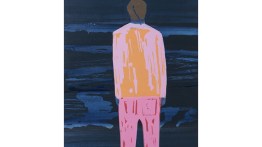Evil under the sun
When James Ellroy’s L.A. Confidential appeared in 1990, it introduced us to a world of blatant corruption, casual racism and routine police brutality that, a year before anybody ever heard of Rodney King, might have seemed fanciful to some. Set in the early 1950s, the novel was a landmark in neo-noir writing, in which historical detail mingled with pacy fiction to conjure up a city that was both highly glamorous and rotten to the core. At the same time, Ellroy’s staccato, near-telegraphic prose drove the action relentlessly onwards, with an urgency that seemed designed to swamp not just the reader but also the protagonists themselves with noise, movement and a




















